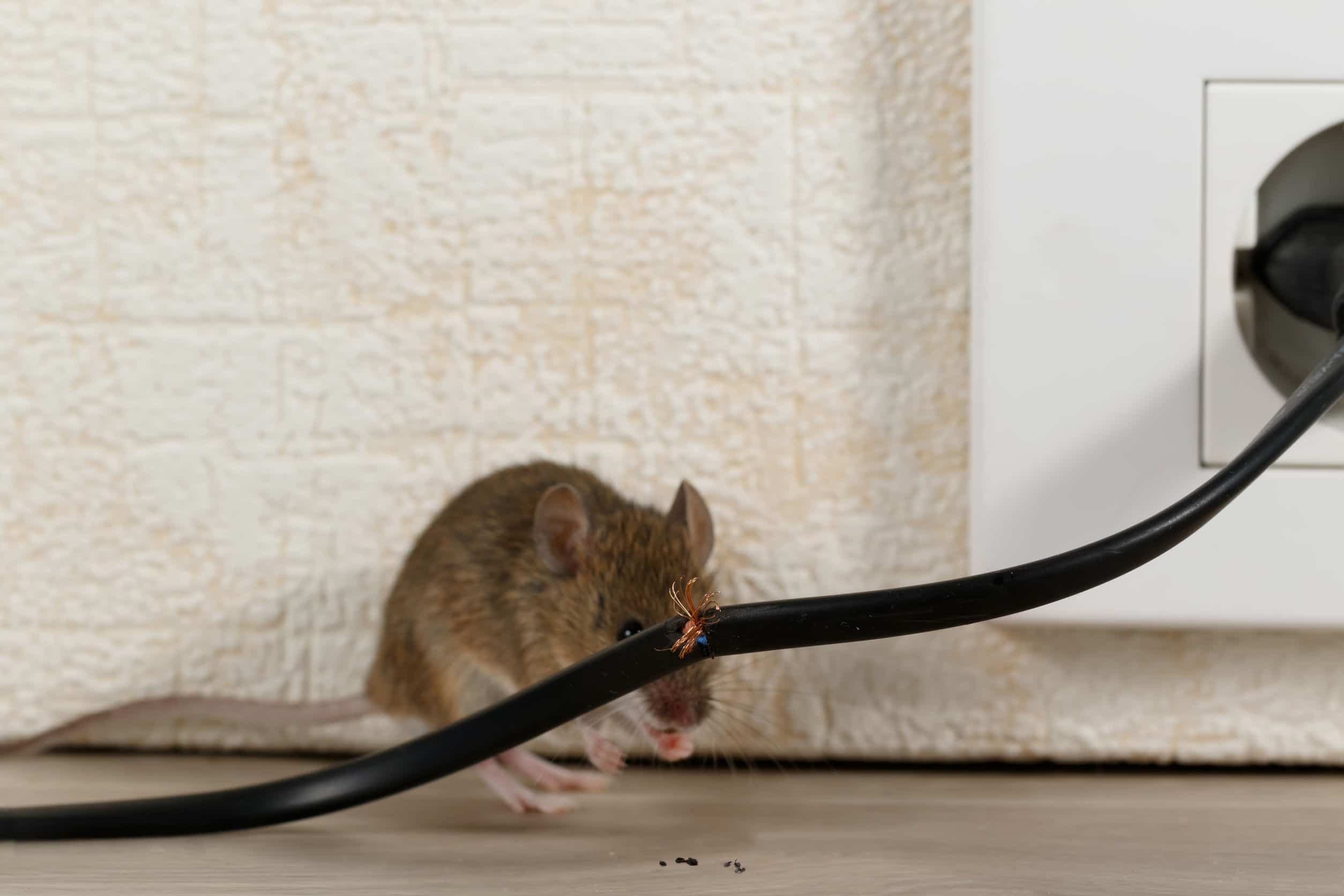Reasons Exterior Rodents Become an Issue for Toronto Homeowners

Every winter, rodents enter Toronto homes for the same reason we do: in search of warmth, shelter from the elements, and plentiful food supply.
Rodents are surprisingly good at hiding their presence from a home’s occupants, and usually, by the time homeowners notice signs of a winter rodent infestation, the infestation is well-established and very difficult to eliminate. In the meantime, rodents are likely causing significant damage to the inside of your home.
Rodents are often first attracted to your outdoor space, where they eventually locate points of entry into your home. Additionally, rodents can cause significant exterior issues, even when they never successfully make it into your home.
As your resident rodent control experts, we’ve put together a guide covering how to avoid both exterior rodent damage and the entry of rodents into your home during winter rodent season.
Exterior Issues Caused by Toronto Rodents
The primary issue with rodents is that they can cause extensive damage — even if they never successfully infest your interior. They commonly cause the following problems to your home’s exterior, which can result in costly repairs:
- Undermining house foundation through burrowing
- Consuming or damaging outdoor vegetation, especially fruits and vegetables
- Gnawing outdoor storage items
- Health hazards to pets and children that come into contact with rodents or their droppings outdoors
Issues When Exterior Rodents Come Into Your Toronto Home
If rodents happen to make their way inside your house, the potential damage is even greater, as are the health hazards that can result from an indoor rodent infestation:
- Chewed electrical wiring, which can cause wiring problems in your home, or even spark an electrical fire
- Torn or damaged insulation in walls and ceilings, which rodents often chew to make nests
- Chew damage to soft metals such as copper and lead
- Chew damage to woodwork and wood fixtures such as walls, corners, doors, windowsills, and roof ledges
How Exterior Rodents Make It Into Your Home
It’s always ideal to prevent rodent infestation from occurring in the first place. This begins from the outside in.
If you can remove rodent attractants from your outside space and eliminate points of entry, you will significantly decrease your chances of a winter rodent infestation. Learn more about common points of entry for otherwise exterior Toronto rodents below.
Where the House Meets the Ground
Gaps or cracks in or between the building materials used on the exterior of your home. Inspect your home’s foundation both at the ground and where the siding meets the concrete; Examine the siding and roofing and cracks or holes where these materials meet, as well.
Where the Utility Lines Enter the Home
Utility lines that connect gas lines or appliances to the exterior of the home. Follow them out from the pole all the way to where they enter your home. If the entry point of these lines is not properly sealed, they can easily allow rodents to enter your home — especially when they are strung through the trees those rodents may currently live in.
When Windows and Doors Aren’t Properly Sealed
Unsealed window and door frames. This includes cracks between windows or doors and their frames and doors without door sweeps.

Rodent infestation prevention is typically a faster, less costly approach to dealing with these issues than managing an indoor infestation mid-winter or early spring.
In our next post, we’ll share ways that you can take steps now to winterize your home and both prevent rodents from being attracted to your outdoor space early in the season and to prevent them from entering your home when it gets too cold. Contact our Toronto pest control experts today.
About the Author:
Daniel Mackie, co-owner of Greenleaf Pest Control, is a Toronto pest control expert and a regular guest on HGTV. He is renowned in the industry as an innovator of safe, effective pest control solutions. Mackie and business partner Sandy Costa were the first pest control professionals in Canada to use detection dogs and thermal remediation to eradicate bed bugs. In his free time, he is an avid gardener.




You must be logged in to post a comment.